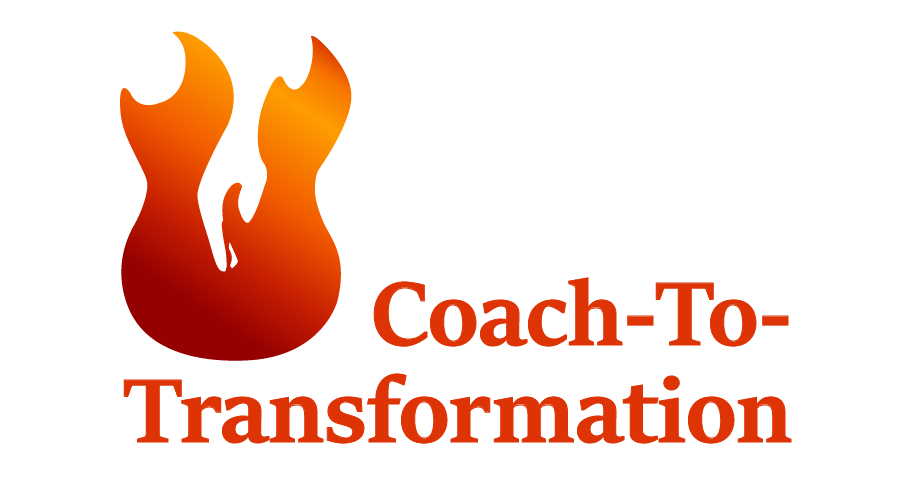Ontological Wisdom for Impactful Practice

About this course
The Coach-To-Transformation’s Ontology program provides a comprehensive introduction to ontological coaching, integrating foundational ontology models with ICF competencies.
Each session includes experiential activities to deepen understanding and practice ontological behaviors, culminating in a robust action plan for participants to implement ontology in their coaching practice
Program Overview
- Duration: 30 hours
- Structure: 8 sessions X 2.5 hours
- 10 hours of self-learning
- Goals
- Introduce foundational ontology models.
- Connect these models with ICF competencies, including ethics. Provide experiential activities to practice ontological behaviors.
- Enable participants to implement ontology in their coaching practice.
Course Overview
SESSION 1: Introduction to Ontology and Ontological Coaching
ICF Competencies: Ethics and Establishing the Coaching Agreement.
Content
- Overview of ontology coaching.Introduction to foundational ontology concepts.Ethics in ontological coaching.
Activities
- Group discussion on personal experiences with ontology.
- Observed coaching to establish coaching agreements with ontological principles.
SESSION 2: Language and Conversations in Ontology
Model Used: Language Action Perspective (by Fernando Flores).
ICF Competencies: Active Listening and Powerful Questioning.
Content
- The role of language in shaping reality.
- Types of conversations: Assertions, Requests, and Promises.
- OAR and BEL Model introduction.
Activities
- Pair exercises to practice different types of conversations.
- Reaction on how language influences coaching outcomes.
SESSION 3: Emotions and Moods in Ontology
Model Used: Emotional Intelligence Framework (by Daniel Goleman).
ICF Competencies: Creative Awareness and Coaching Presence.
Content
- Understanding the impact of emotions and moods.
- Differentiating between emotions and moods.
Activities:
- Emotional mapping exercises.
- Observed coaching using emotions.
- Group sharing on emotional experiences in coaching sessions.
SESSION 4: Body and Somatic Practices in Ontology
Model Used: Somatic Coaching (by Daniel Goleman).
ICF Competencies: Establishing Trust, Intimacy and Direct- Communication.
Content
- The connection between body and ontology. • Somatic practices to enhance coaching presence.
Activity
- Guided somatic exercises.
- Observed coaching using somatic enquiry.
- Partner feedback on body awareness during coaching
SESSION 5: Designing Future Actions and Commitments
Model Used: Speech Act Theory (by John Searle).
ICF Competencies: Planning and Goal Set.
Content
- The importance of commitment in Ontology.
- Creating future actions through speech acts.
Activities
- Practice designing commitments in coaching scenarios.
- Observed coaching on planning and setting goals.
SESSION 6: The Role of Ethics in Ontological Coaching
Model Used: Ontological Ethics Framework (by Werner Erhard).
ICF Competencies: Ethics and Coaching Mindset.
Content
- Deep dive into ethics specific to ontological coaching.
- Case studies on ethical dilemmas in coaching.
Activities
- Ethical decision-making scenarios.
- Reaction on personal ethical standards.
SESSION 7: Integrating Ontology into Coaching Practice
Model Used: Integral Theory (by Ken Wilber).
ICF Competencies: Managing Progress and Accountability.
Content
- Integrating Ontology into various coaching practices.
- Holistic approach using Integral Theory.
Activities
- Case studies on successful integration.
- Group discussion on challenges and Theory.
Members
Our course begins with the first step for generating great user experiences: understanding what people do, think, say, and feel. In this module, you’ll learn how to keep an open mind while learning.


